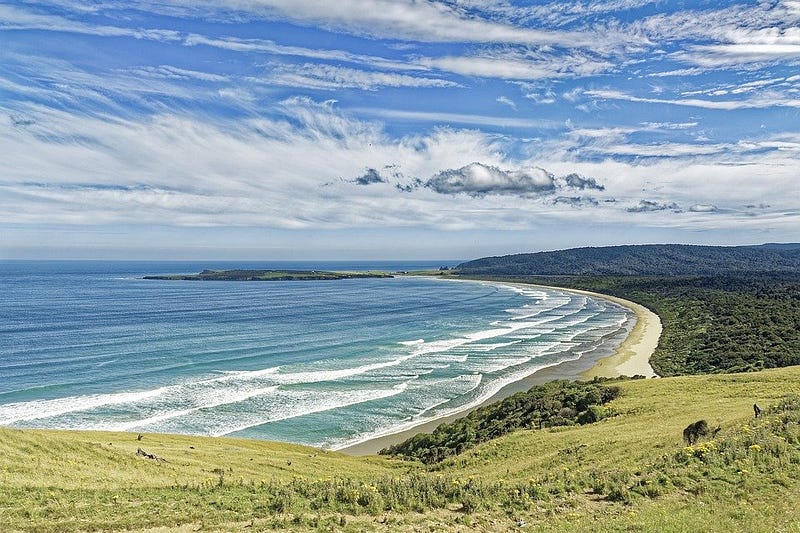Faculty Highlight: Dr. Randall Hughes-Associate Professor, Marine and Environmental Sciences Department
By Lucas Principe, Environmental Science and Philosophy, 2020

This article was originally published as part of Issue 33: Water.
Dr. Randall Hughes has been a professor in the Marine and Environmental Science Department here at Northeastern since January of 2013. She teaches classes such as Marine Biology and Conservation Biology, and is currently developing a new disease ecology class. Her research interests include marine and estuarine diversity and conservation, and she has quite a diverse background in both teaching and research. I sat down with her at the end of September to talk about her research, teaching career, and many other marine related issues.
LP: Why did you decide to pursue research relating to marine biology, conservation and diversity?
RH: As an undergraduate I was a biology and public policy double major. I really liked science but I also wanted to apply it and have a conservation impact. During undergrad, I decided I needed to focus on science if I was going to do any environmental policy effectively. So, I worked as a research assistant at University of North Carolina’s marine lab, received my first straight research experience and fell in love with it. I then went on to grad school and stayed with the straight science path for a while; just in the last few years, especially since arriving at Northeastern, I’ve now been trying to bring in those conservation interests again and do some more applied work.
“We’re working primarily in three different coastal habitats: seagrasses, oyster reefs, and salt marshes.”
LP: Can you talk about some of the research projects you have going on right now?
RH: We’re working primarily in three different coastal habitats: seagrasses, oyster reefs, and salt marshes. In both the sea-grass and the oyster reef systems we have parallel projects going. We know that genetic diversity within seagrasses and oysters can make them more productive and can increase their ability to respond to various stressors. One of the most increasing stressors in the ocean is disease. Both eelgrass, the primary seagrass species we have here, and oysters are prone to diseases. These projects aim to look at the relationship between genetic diversity and disease. We’re trying to see if more genetically diverse populations have reduced disease prevalence. Or, because genetic diversity tends to increase species density and abundance, and that tends to lead to increased disease spread, there could actually be a positive relationship between diversity and disease. We don’t really know yet which pathway is going to win out.
LP: You talked about increased marine disease prevalence earlier, do you have any idea why there has been an increase as of late?
RH: It’s probably a couple of things. One, we’re paying more attention, there’s more people out there looking around and studying these ecosystems. But two, we know the environment is changing, at least with the sea-star wasting disease that has received a lot of attention on the west coast it’s thought that maybe rising ocean temperatures or changes in ocean chemistry can be playing a role in facilitating disease.
LP: Tell us about what it’s like working at the Marine Science Center in Nahant.
RH: Well, the growth of the MSC is one of the factors that drew me here. The university really had a lot of vision to invest in that facility when other universities were cutting similar types of programs. There’s a great energy and collaborative environment; and we’re still continuing to grow.
“There’s a great energy and collaborative environment; and we’re still continuing to grow.”
LP: I understand you used to teach seventh grade science, do you believe that experience in patience helps you in a university setting?
RH: Well, I may have not had enough patience, since I went back to graduate school. I knew I was interested in science, but also wanted to try my hand at teaching before going back to school. The level of the content may vary, but the ability to reach your audience stays the same whether you’re talking about seventh-graders, undergraduates, or even the public.
LP: Any advice for students pursuing degrees in marine related fields?
RH: The best thing students can do is get some research experience. Often students start off with a very broad interest. Doing research helps you hone these interests down. Seeing what day-to-day research is all about, whether that’s what you go on to do or not, is an important first step.
